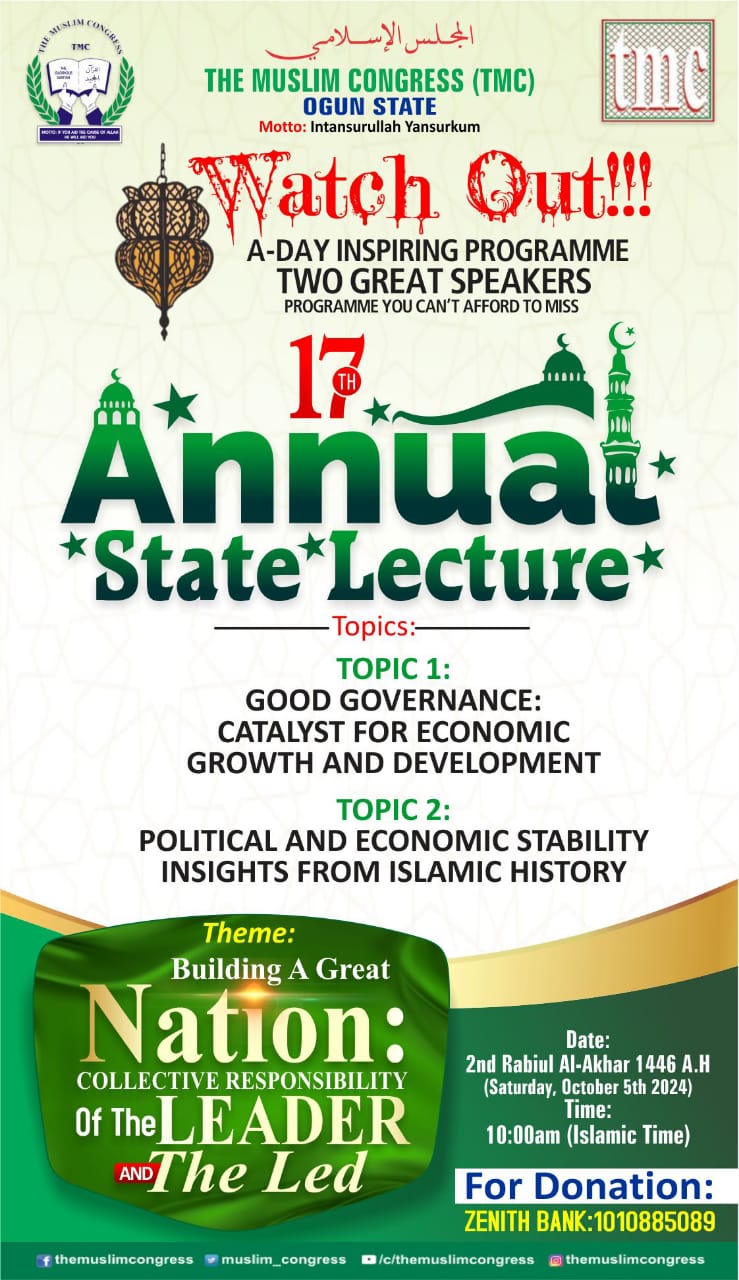
By Abdulfatah Babatunde
A Think-Tank group, the Independent Media and Policy Initiative (IMPI), has called for the separation of petrol subsidies and the nation’s economy which have become Samese twins.
TheNewsZenith reports that Chief Niyi Akinsiju, IMPI Chairman, made the call at a Press briefing, on Tuesday in Abuja.
According to Akinsiju, the government then conceived and implemented petrol subsidy as a price interventionist policy in 1973.
This was to enable the government to offer cheap petrol to the public due to an oil crisis.
“Unfortunately, these have become economic Siamese twins that we should separate.”
“Moves by the governments to stop its application since 1988 have been received with uproar and outrage.
“This is despite the material changes in the economic dynamics that informed the policy in the first place.
“To lessen the impact of the petrol price increase on Nigerians, the government, under the leadership of Gen. Yakubu Gowon, announced the policy of subsidising petrol,” TheNewsZenith quotes Akinsiju as saying.
According to him, the subsidy arose by fixing the product price, usually below the market price.
Conversely, the government pays the difference between the market and the fixed price.
“Since that 1973 intervention, we have stuck with the vagaries of subsidies.
“Fuel subsidies have become Nigeria’s equivalent of an economic weapon of mass destruction, the IMPI Chairman emphasised.
The Think Tank noted that in a re-enactment of public reaction every time the pump price of petrol (PMS) increases, the Nigerian public space is thrown into turmoil over price hike.
The new prices range from N850 a litre at Nigeria National Petroleum Company Limited (NNPCL)-owned filling stations to N1,200 a litre at independent marketers service stations.
The public reaction to a new petrol price regime, Akinsiju noted, has been the trend since 1988. And, the government is always the culprit of the price regime.
“Many countries initiated different subsidy mechanisms to the high petroleum products price increase.
“At that time, the Nigerian government rationalised its subsidy intervention based on the enormous earnings from the crude oil price increase of more than 400 per cent.
Read Related News:
- Protests legitimate but no room for insurrection – IMPI
- Lagos-Calabar highway: IMPI tackles Atiku
- Purchase of new Presidential aircraft, a necessity – TDF
- Deepening Democracy: A Roadmap for President Tinubu (Part 1)
- TDF hails FG’s 2 creative projects to boost digital economy
“This left the country more or less flush with petrol dollars.
“It was a convenient policy of simply giving a small proportion of the revenue to cushion the impact of the price increase.
“Gen. Olusegun Obasanjo, then Military Head of State, formalised the petroleum subsidy regime into law when he numbered it among products for which the government would be responsible for fixing their prices,” Akinsiju said.
According to him, this was a short-term measure to cushion the rising international oil price.
The government then formulated it as a temporary fiscal response to an oil price spike instigated by the actions of the Organisation of the Petroleum Exporting Countries (OPEC), he noted.
The group Chairman explained that the latest furore over fuel price increase was typical of other times, with the Nigeria Labour Congress (NLC) taking its traditional front role.
And as always, NLC is quick at pointing fingers at the government for being responsible for the price increase.
“As a body of analysts, IMPI submits that all this trouble-mongering should stop.
“Despite the common knowledge that fuel subsidies were excluded from the second half of the 2023 budget, about 73 per cent of Nigerians interviewed in an opinion poll said they were dissatisfied with the removal.
“The narration often shows how subsidies have strangulated the Nigerian nation’s potential.
“They have burned up $30 billion that can be funnelled into other uses, such as infrastructure, health and education.
“We subscribe to the doctrine and practice of a liberal free-market economy in which private capital and investments compete favourably.
“This is to drive socio-economic development, as championed by President Tinubu.
“Surprisingly, the NLC is exhibiting a doomsday disposition in this matter.
“We, therefore, call on the NLC and all Nigerians to eschew this traditional resistance to market-determined prices.
Do you have a flair for Citizenship Journalism? Share stories of happenings in your area with TheNewsZenith on WhatsApp: 08033668669 or thenewszenithonline@gmail.com. Follow us on www.tiktok.com/@thenewszenithonline. Also, visit, subscribe and like our videos on YouTube @thenewszenithOnline